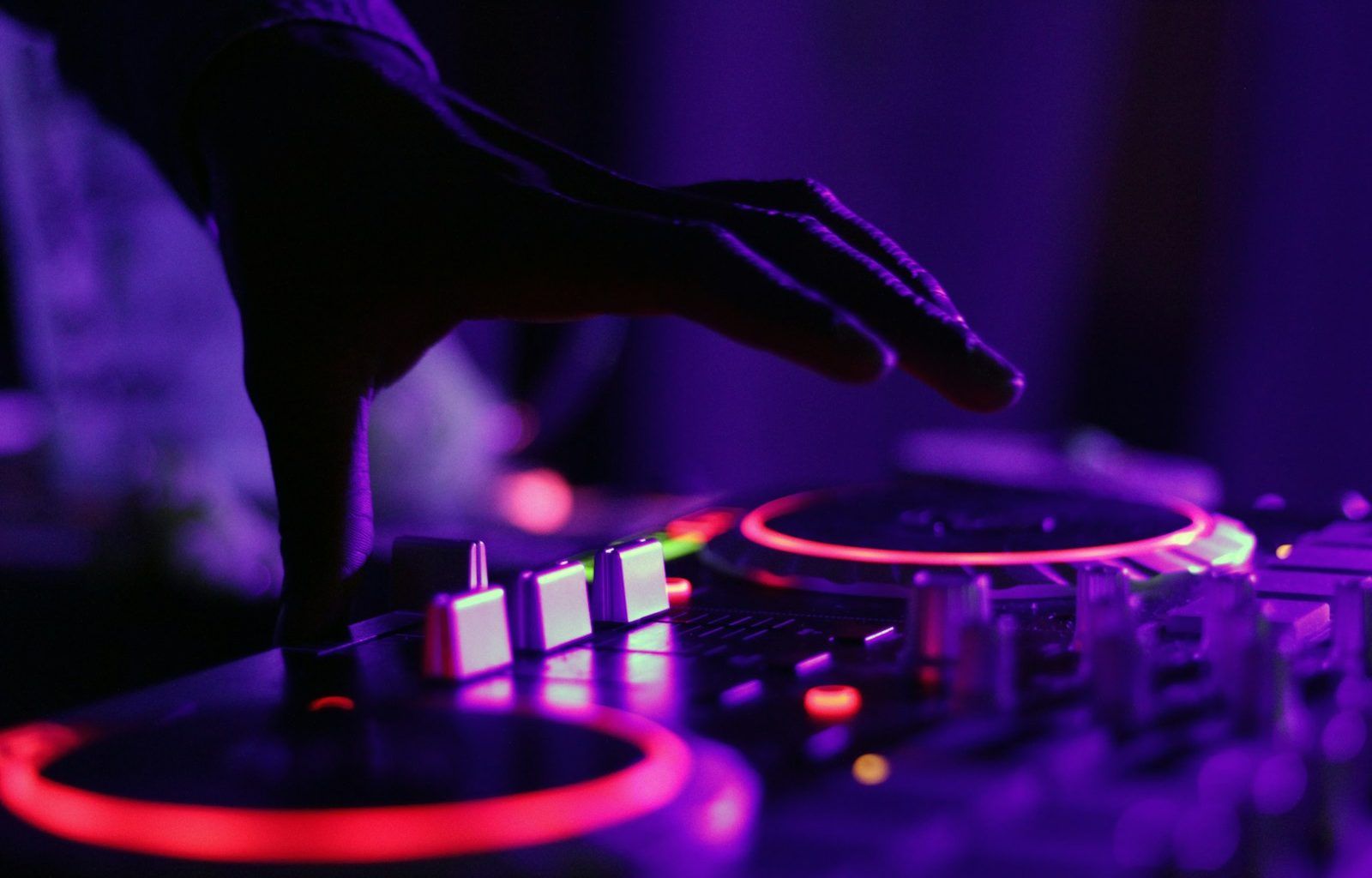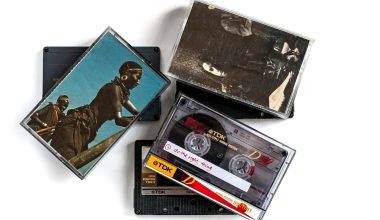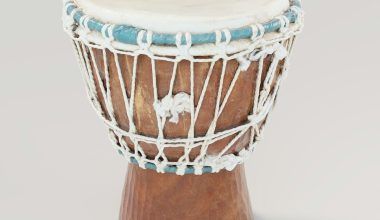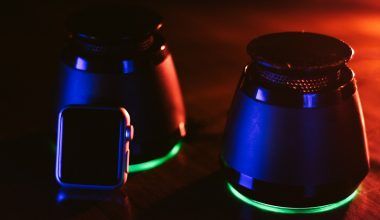The term ep music term is a popular one in the music world, but it’s often misunderstood. EP stands for “Extended Play,” and it’s a type of music release that falls somewhere between a single and a full-length album. Unlike a single, which usually features just one or two tracks, an ep music term typically contains more songs, but it’s shorter than an album. This format gives artists the flexibility to share more of their work without committing to a full album. It’s an exciting way for musicians to experiment, grow their fanbase, and keep the momentum going.
For music lovers, EPs are a treat. They offer a deeper dive into an artist’s creativity without requiring the time investment of a full album. So, if you’ve ever come across the term and wondered what it means, now you know. EPs are an essential part of the music industry and have been for decades.
The History of EPs in Music
To truly understand EPs, it helps to look at their history. The concept of an EP dates back to the early days of vinyl records. Back then, music was released on 10-inch or 12-inch records. Singles usually had one song on each side, while albums were much longer. EPs emerged as a middle ground, offering more than a single but less than a full album. They were particularly popular in the 1950s and 1960s.
In the digital age, EPs have evolved. Artists now release EPs on streaming platforms like Spotify, Apple Music, and YouTube. Despite the changes in format, the essence of the EP remains the same. It’s a way for artists to release a collection of songs that showcase their style and creativity without the pressure of creating a full-length album.
Why Do Artists Release EPs?
You might wonder why an artist would choose to release an EP instead of an album or a single. There are several reasons for this. For starters, EPs are a cost-effective way to release music. Recording and producing a full album can be expensive and time-consuming. An EP allows artists to share their music with fans while keeping costs low.
EPs are also a great way for emerging artists to introduce themselves to the world. A well-crafted EP can give listeners a sense of the artist’s style and personality. It’s like a musical business card. For established artists, EPs are a way to experiment with new sounds or themes. They can test the waters and see how fans respond before committing to a full album.
Additionally, EPs help keep the momentum going. In today’s fast-paced music industry, staying relevant is crucial. An EP allows artists to release new music more frequently, keeping fans engaged and excited.
The Difference Between an EP and an Album
One of the most common questions people have is how an EP differs from an album. The main difference lies in the length. Albums typically have 10 to 15 tracks and can last anywhere from 30 minutes to over an hour. EPs, on the other hand, usually feature 4 to 7 tracks and are shorter in duration.
Another difference is the intent behind the release. Albums are often seen as a major statement from an artist. They’re carefully planned and crafted to tell a story or explore a theme. EPs are more flexible. They can be a way to experiment, share new ideas, or simply keep fans engaged.
It’s also worth noting that the line between EPs and albums isn’t always clear. Some artists release what they call an EP, but it’s long enough to be considered an album. Ultimately, it’s up to the artist and their team to decide how they want to label their work.
Famous EPs That Made an Impact
Many artists have used EPs to make a big impact on their careers. For example, The Beatles released several EPs in the 1960s, including “Twist and Shout” and “Long Tall Sally.” These releases helped cement their status as one of the greatest bands of all time.
In more recent years, artists like Billie Eilish, Hozier, and Lorde have used EPs to launch their careers. Billie Eilish’s debut EP, “Don’t Smile at Me,” introduced her unique style to the world and paved the way for her massive success. Similarly, Lorde’s “The Love Club EP” featured the hit song “Royals,” which catapulted her to fame.
These examples show how powerful an EP can be. It’s not just a collection of songs; it’s a tool for artists to connect with their audience and make a lasting impression.
How to Enjoy an EP
Listening to an EP is a unique experience. Since EPs are shorter than albums, they often have a focused vibe or theme. To truly enjoy an EP, try listening to it from start to finish without skipping any tracks. This will give you a sense of the artist’s vision and creativity.
Another way to enjoy an EP is to learn more about the artist and the story behind the music. Many artists share insights about their songs on social media or in interviews. Understanding the context can deepen your appreciation for the music.
Finally, don’t be afraid to explore new genres and artists. EPs are a great way to discover fresh music without committing to a full album. You might just find your new favorite artist.
EPs in the Digital Era
The rise of streaming platforms has changed the way we consume music, and EPs are no exception. In the past, physical copies of EPs were sold in record stores. Today, you can stream or download EPs with just a few clicks. This accessibility has made it easier than ever for artists to reach a global audience.
In the digital era, EPs have become a versatile tool for artists. They can use them to tease upcoming albums, collaborate with other musicians, or experiment with new styles. Fans, in turn, get a steady stream of new music to enjoy. It’s a win-win situation for everyone.
How EPs Benefit Fans
For music fans, EPs are a fantastic way to enjoy more music from their favorite artists. Since EPs are shorter than albums, they’re perfect for those times when you want to listen to something new but don’t have a lot of time. They’re also a great way to discover emerging artists. Many up-and-coming musicians release EPs to showcase their talent and gain exposure.
EPs also allow fans to experience a different side of their favorite artists. Because EPs are less formal than albums, artists often use them to experiment or share personal stories. This makes them feel more intimate and authentic.
The Future of EPs in Music
As the music industry continues to evolve, EPs are likely to remain an important part of the landscape. They’re a flexible and accessible format that benefits both artists and fans. With the rise of digital platforms, it’s easier than ever for artists to create and share EPs with the world.
In the future, we might see even more creative uses of EPs. Artists could use them to explore new genres, collaborate with other musicians, or even tell stories across multiple releases. The possibilities are endless, and that’s what makes EPs so exciting.
Final Thoughts on EPs
ep music term are a vital part of the music world. They’re a bridge between singles and albums, offering artists the freedom to experiment and connect with their audience. For fans, they’re a chance to enjoy more music and discover new talent.
So, the next time you come across an ep music term, give it a listen. You might just find a new favorite artist or song. And remember, whether you’re an artist or a fan, EPs are a celebration of creativity and connection.
For further reading, explore these related articles:
- The Meaning Behind “Not Like Us Lyrics”: A Deep Dive Into the Song
- The Sweet Story of “Cake by the Ocean” Lyrics
For additional resources on music marketing and distribution, visit Deliver My Tune.






